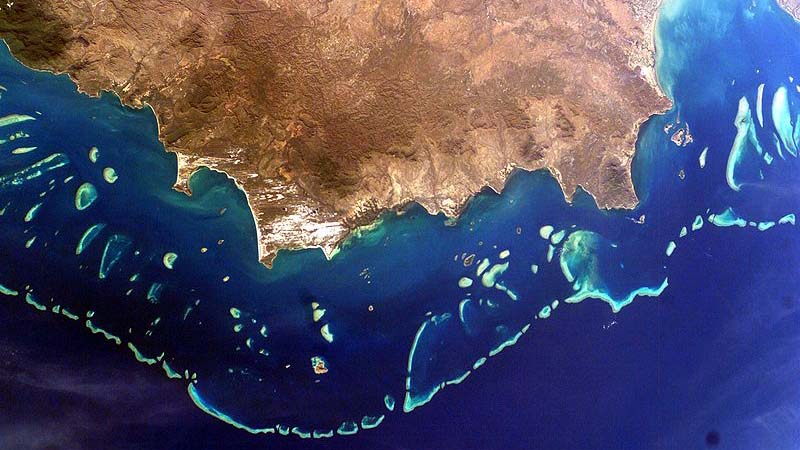Australia’s government has lost a vote on a bill admonishing the government for failing to protect the Great Barrier Reef from climate change.
In a rare event in Australia’s ultra-partisan parliament, the government failed to vote down its own bill on Tuesday evening, after the opposition Labor party attached the amendment.
Labor’s amendment read:
“…the House notes that:
(1) the Government is failing to protect Australia’s iconic Great Barrier Reef by:
(a) failing to act on climate change;
(b) supporting the Liberal National Party in Queensland in blocking reef protections aimed at halting the broad scale clearing of trees and remnant vegetation; and
(c) winding back ocean protection, put in place by Labor, around Australia and specifically in the Coral Sea; and
(2) this Government cannot be trusted to protect the Great Barrier Reef and fight for Australia’s unique environment.”
The original bill, to which Labor attached the highly-politicised language, was a technical amendment to the act that established the Great Barrier Reef Marine Park.
The reef, which stretches 2,300km down the northeastern coastline of the continent, has been severely damaged by consecutive bleaching events in the past two years. The death of 22% of corals in 2016 was followed this year by a second bleach, leaving scientists questioning the survival of the wonder.
Coral bleaching is caused by elevated water temperatures, which is why climate change is seen as an existential threat to coral reef systems around the world. But the recovery of bleached reefs can be assisted by management of other pressures, including overfishing and pollution.
The Australian and Queensland governments have been criticised by Unesco, the UN body that oversees the World Heritage site, for failing to stop agricultural runoff from impacting the ecosystem. A draft report released in June noted with “serious concern” that “progress toward achieving water quality targets has been slow”.
The Department of Environment and Energy press office did not immediately respond to a request for comment on the Labor amendment.
Climate Weekly: Sign up for your essential climate news update
The bill and Labor’s amendment was voted on on a day of chaos inside and outside the parliament, during which the government accused the Labor party of a conspiracy with Labour in New Zealand after the deputy prime minister Barnaby Joyce was caught up in a rolling citizenship row.
The government has 76 members, a majority of one in the 150-seat lower house. But several government members failed to attend the vote, which the government lost 69 to 61.
A voting list circulated by the manager of opposition business Tony Burke showed the prime minister Malcolm Turnbull was one of those who failed to attend the vote. Joyce was also absent. The bill will need a further vote to pass the house.
Australian parliamentarians hardly ever cross the floor to vote against their party, meaning it is rare for a government to lose a vote even when it carries the slimmest of majorities.
So this motion was carried 69 to 61. pic.twitter.com/TcTij7bX4L
— Tony Burke (@Tony_Burke) August 15, 2017
Joyce is the fifth Australian parliamentarian in recent weeks to have been revealed to be a dual citizen of another country, a status which is constitutionally denied to Australians who run for federal office.
In July, Climate Home reported resources minister Matt Canavan, an advocate of a globally controversial coal mine in Queensland, had been found to be an Italian citizen.
Another of those caught up in the row is far right One Nation senator Malcolm Roberts, who infamously clashed with celebrity professor Brian Cox over his views on climate change in 2016. Roberts was revealed by Buzzfeed to have been a British citizen in the past.
The article has been amended to reflect the fact that the bill did not pass the parliament on Tuesday.
